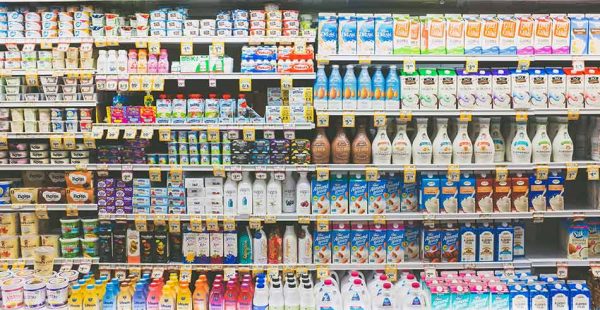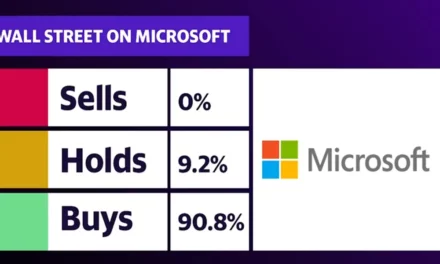Depression is the world’s primary cause of morbidity and disability. A recently released pharmaceutical is the first new depression drug on the market since the 1980s. Johnson & Johnson developed a novel drug called Spravato with the generic name esketamine.
Spravato is a nasal spray that will target severe cases of depression. Severe cases pertain to those people who are unresponsive to other depression medications. According to studies, one in three patients has little to no relief from current antidepressants.
This novel drug takes inspiration from ketamine, an anesthetic agent that has a hallucinatory effect. It has less negative side effects and adverse drug reactions than ketamine. These factors, along with the result of trials, convinced the regulators and US Food and Drug Administration (FDA) to approve the novel drug. It is an adjunct therapy along with an antidepressant pill. A patient will acquire this at a verified doctor’s clinic or office.
FDA’s acting director in the division of psychiatry products said, “There has been a long-standing need for additional effective treatments for treatment-resistant depression, a serious and life-threatening condition.” The discovery of ketamine even earned the title ‘most important discovery in half a century’ from a group of experts.
Esketamine therapy is projected to range from $590 to $885 each session. The price differences are dependent on the dosing for each patient. In general, two sessions per week are required for the first month of treatment, amounting to $5,000 to $7,000.
For the succeeding month, the doctor will prescribe a weekly or bi-weekly dose. This schedule has a total price of $2,300 to $3,500 a month. The patients may need to pay less, depending on the amount covered by health insurance.
Experts cast a favorable vote for esketamine mainly due to FDA’s conclusion regarding the efficacy and safety of the drug. The panel of experts also expressed their skilled opinions that there are more perks than hazard in using this drug. Fachione noted that the group of experts made a thorough review of the drug, and it passed the criteria.
The general mode of action of antidepressants is interacting with the receptors of serotonin, a chemical messenger for temper and emotional regulation. On the contrary, ketamine affects another part of the brain, earning the drug an important title for mental illness treatment.
Ketamine has an extremely fast onset that makes it a powerful contender. This property is beneficial for patients with constant suicidal thoughts. Another advantage of the drug is its analgesic or pain-relieving property. This particular property indicated its safety to clinicians.
The properties of ketamine mentioned above are also involved in esketamine. Steven Meisel, a system director of medication safety with Fairview Health Services and a member of last month’s panel, noted that “there’s substantial evidence that this could be a game-changer.” Meisel was one of the experts who analyzed the results of Johnson & Johnson’s five clinical trials.
There were some cautions noted in the trials, although esketamine seems harmless. An example of the caveats is the significant adverse side effects. More than 1/3 of the trial subjects described an unusual sensation that feels like being “out of body.” This kind of perception is called dissociation. Other side effects noted by more than one-third of the trial subjects were sedation, dizziness, and nausea.
Another notable caveat is the failure to meet a statistically significant value in one of the five trials. The value was compared to placebo results. The failure meant it did not show a more beneficial effect than the placebo. The clinical trial involved the use of a second-line therapy medication to patients with unresponsive depression.
The FDA advised the administration of esketamine should be done with a physician in attendance. To observe possible adverse reactions, the physician is required to monitor the patient for a few hours after the administration of the drug.
Farchione said, “Because of [safety] concerns, the drug will only be available through a restricted distribution system and it must be administered in a certified medical office where the healthcare provider can monitor the patient.” These necessary steps for precaution will also prevent the illicit use of the drug.
The executive director of biotech equity research at the financial firm UBS, Carter Gould, commented in a circular that he believed that the precautionary protocol was expected after the scrutiny of the last month’s FDA meeting.
In 2023, Gould forecasts the purchases of esketamine will hit $610 million. Fellow analysts project the skyrocket sales in the US and five prominent European markets of $2.4 billion in 2024.















